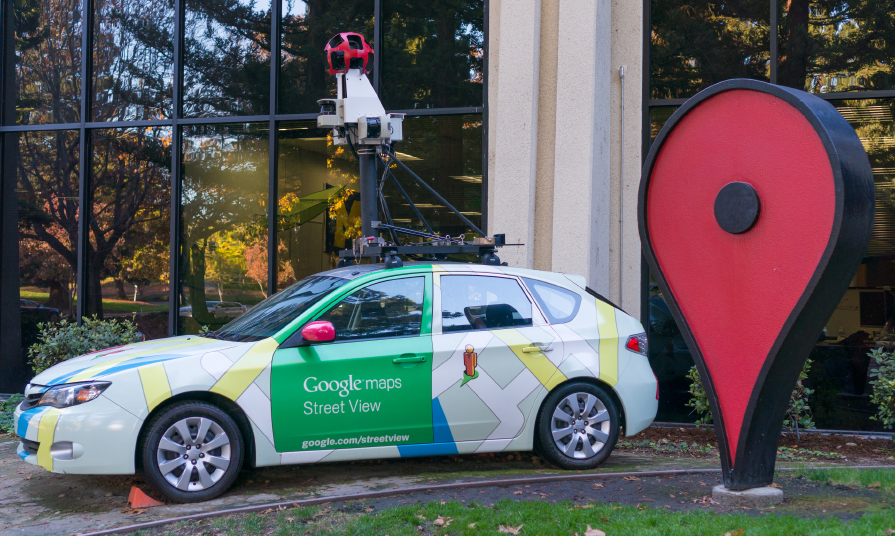
Self-driving vehicles are no longer a futuristic idea, they’re here. Of course, there’s still a lot of ironing-out to do where road laws and regulations are concerned, but it’s just a matter of time before Canadians will have access to driverless cars. Several reports have stated that when driverless cars are officially introduced into the market, we’ll see a massive drop in harmful emissions as well as oil usage.
Experts have a few ideas about how to put self-driving cars to good use once they are produced. If you’re considering pursuing an automotive career, read on to find out how driverless cars might change the world.
Self-Driving Automotive Fleets are on Their Way
Experts know that Google is currently the leader in autonomous driving technology. In fact, several of the company’s self-driving cars have already hit the streets of California, in order to be tested under various driving conditions. A report published in January, by the Conference Board of Canada, states that Google hopes to publicly launch its self-driving vehicles sometime between 2017 and 2019.
Here’s a quick look at one of Google’s self-driving cars:
With a rise in autonomous vehicles, there will be a high demand for automotive service technicians. Electric and hybrid vehicle maintenance and repair is quickly becoming a curriculum staple in modern mechanic programs. So, by the time we start seeing self-driving cars on the road, there will likely be enough trained professionals ready to service them.
Are Driverless Cars a Good Idea for the Consumer Market?
There are several auto manufacturers that plan to have their very own autonomous vehicles on the market by 2025. And, while It is clear that there is a need for the establishment of new laws, highway codes and driving regulations, auto pros know that there is more than enough time for Canada to regulate and govern the technology.
Although self-driving cars are still in their very early stages of development, these vehicles will definitely provide tons of benefits including; new and accessible transportation for the elderly, decreased levels of traffic, and less fuel consumption.
Of course, the idea of autonomous cars raises many questions that will hopefully be addressed as auto manufacturers continue to move forward with their development—would car owners provide the vehicle with a destination, and then relax in the passenger seat until he or she has arrived? If a vehicle owner does not feel like going for a drive, could he or she simply send a self-driving car in their place? And most importantly; if a self-driving car is in an accident, who is responsible?
Are you interested in pursuing an automotive career? Visit Automotive Training Centre to learn more about our programs or to speak with an advisor.


